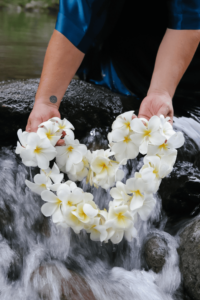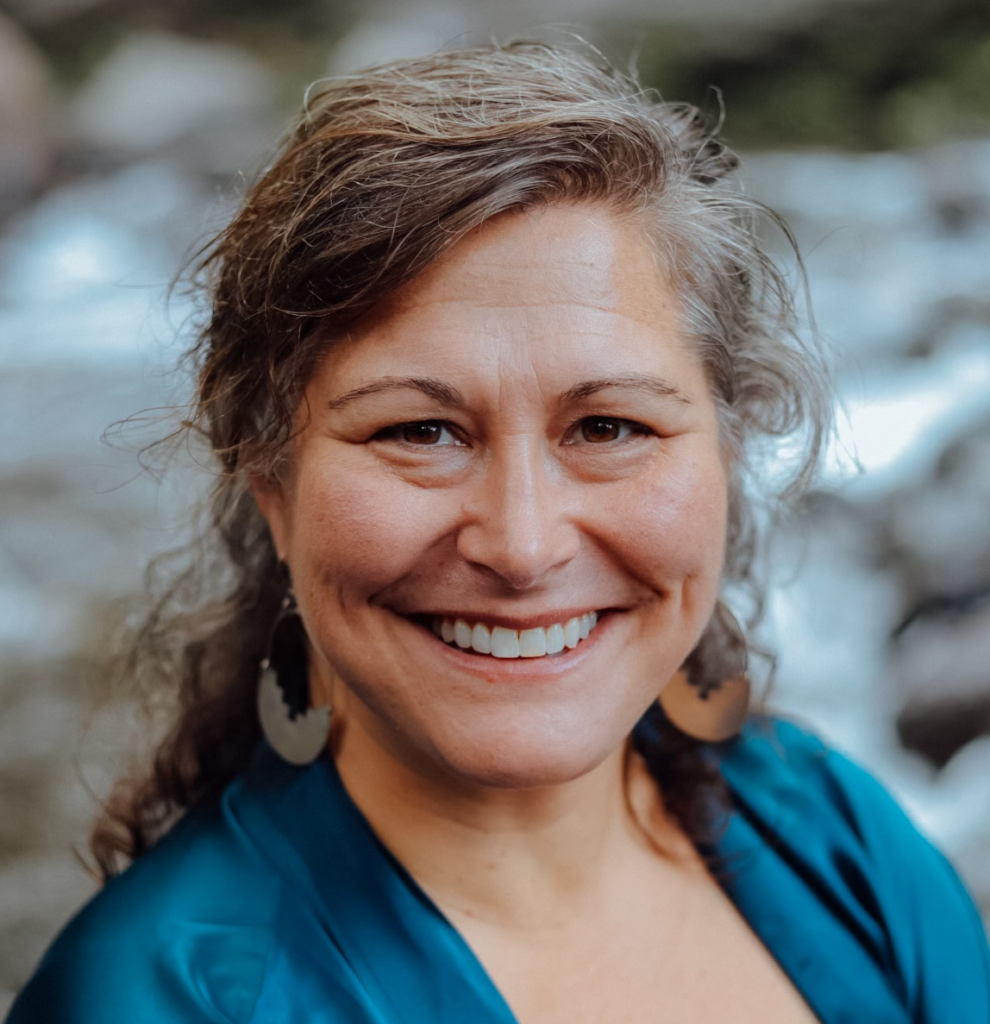In 2020, a philanthropic family I had come to know started a Youth Board for their extended and chosen family to come together and give. And, I had the luck to be a part of supporting its development. These young people ages 8-18 have a heart for social justice, specifically for environmental, gender, and criminal justice as their work has grown over the years. But what they have taught me most about is mental health and caring for one another in a trauma-informed, loving way.
They meet every other month on Sunday in the late afternoon; joined at the beginning and the end by their supportive, trusting adults. They spend time checking in on one another and show genuine care and compassion for one another’s varied interests.
They have two group agreements and only two:
- Treat each other with respect.
- Speak up when I have something to say.
They have learned about the feelings and needs wheels and lead with trust in their grantmaking. They give through mutual aid efforts like TransSanta and take special care that people are treated with respect and get what they ask for. They reschedule meetings when the mental health or health needs of one another is high. They have celebrated beautiful changes and growth in one other and their identities. And, they have held each other through hard transitions and unthinkable loss.
What I know now is this is trauma-informed care in practice.
They instinctively take care of each other’s psychological needs, ensuring each other are safe, have reduced stress, and have their immediate needs met before the work.
I also know now this is a lifelong practice and journey in care; something never to be done or checked off a list. Sometimes it looks beautiful and sometimes it breaks your heart. This is the gift of love and care for one another as humans.
Imperfect and worthy of love and care; every. one. of. Us.
I remember when the data was finally in for the development of YouthGiving.org. Myself and others spent almost a decade spent making lists and gathering information. Candid had finally aggregated data on what young people give to. And it was clear: Youth were giving most in mental health.
I was surprised, but I wasn’t surprised. The youth I have worked with are generally empathetic and have a core knowledge that when one of us is not ok; we, collectively, are not ok. Something we seem to forget or need to re-member as we age. What did surprise me was the transformational journey this would take me on – personally and professionally.

Personally, I knew I didn’t have the skills and resources I needed to support young people comfortable with openly expressing their emotions and eager to discuss mental health. Like many other adults, I grew up with mental health issues in my family and have my own adverse childhood experiences to continue working through and heal over time. I needed to grow my emotional capacity and regulation skills to hold embodied change and conflict. I learned from people like Alex Elle, Zabie Yamasaki, Jessmyn Stanley, Pixie Lighthorse, Octavia Raheem, adrienne maree brown, Lama Rod Owens, and Prentis Hemphill. I needed to reassess and get clear about my own feelings, needs, and boundaries. And, I needed to strengthen my emotional support system. An ongoing journey that I am better because of.
Professionally, I got curious about mental health funding and the lack of foundation investments (less than 2%). I learned about the trauma-informed philanthropy resources from Scattergood Foundation and their partners in the Philadelphia region– introducing foundations and grantmakers to trauma, ACES (Adverse Childhood Experiences), and trauma-informed practice. I met with Lady Gaga’s Born This Way Foundation. During my time at the Extension Foundation, I learned from some of the leading researchers across the country about Mental Health First Aid. Through work with Ebony Ross and the Conflict Transformation Fund, I was introduced to somatic abolitionism by Dr. Resmaa Menakem and nonviolent communication and those growing its practice like the Teran James Young Foundation’s weekly online facilitated practice sessions. Most recently have come to learn more about Psychological First Aid and Native Hawai’ian ‘ike or wisdom from people like Norma Wong for coping with the aftermath of a disaster or traumatic event like the 2023 Maui wildfires. So much to continue to learn and practice. Rising mental health needs in our communities and yet never with enough resources to meet them seems to be the pattern.
You are invited to join this journey of becoming anytime you would like to. It is never too late to get curious or go deeper caring for yourself and your mental health. You are worth it and not alone. Please reach out if you would like a partner along your journey.
This is also an invitation to remember the gifts of young people. How they inspire and lead us to our best selves. May we offer the care, grace, and compassion we needed as young people. May we trust the young people in our lives and share opportunities to give with them.
Mental Health Support Resources
The holidays can be an extra tough season psychologically for many people. Please call the 988 Suicide and Crisis Hotline for mental health struggles, emotional distress, or if you just need someone to talk to. If you or a loved one is in immediate danger, please call 911. Crisis counselors and support for LGBTQ+ young people is also available 24/7 from the Trevor Project, a favorite grantee of many youth philanthropists. Please take care.

